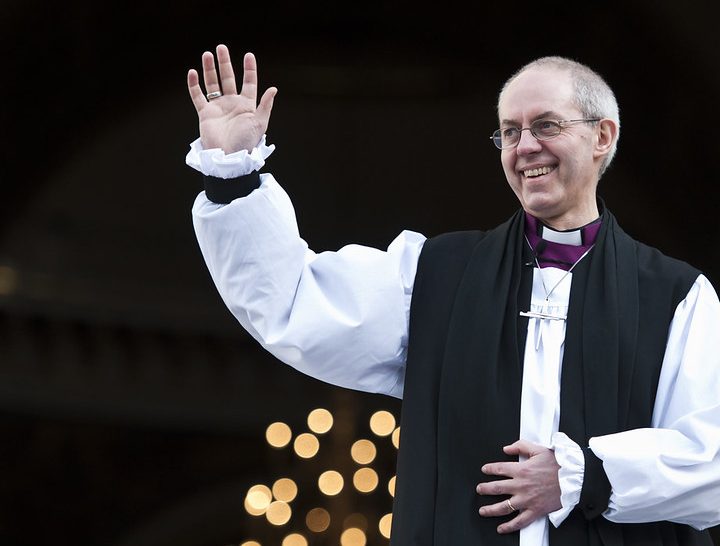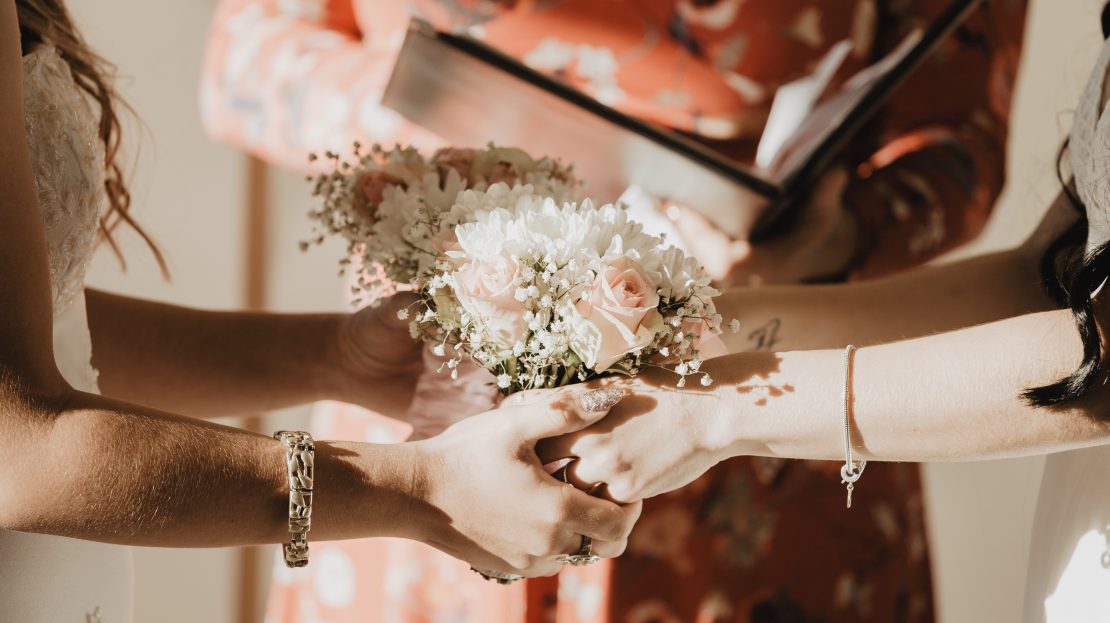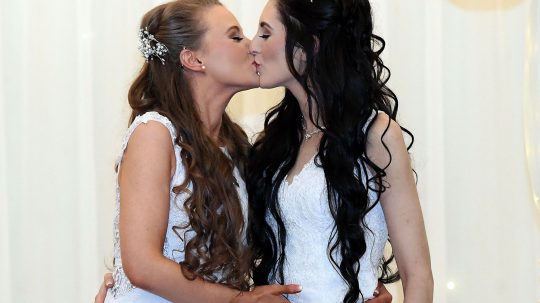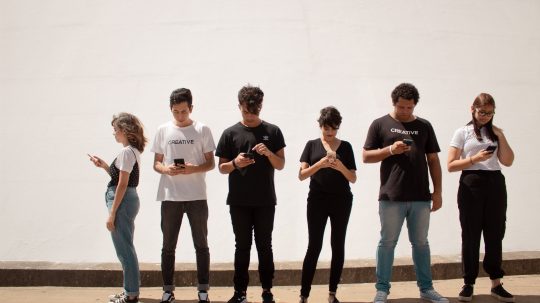The Church of England has been urged to ‘come out for love’ this Valentine’s Day. The Archbishop of Canterbury, Justin Welby, has been asked by members of the LBGTQI+ community to come out as an ally.
Following what has been called “glacial” progress by the church, comedian Sandi Toksvig has launched a campaign to show solidarity with LGBTQI+ people across the UK. While a right to love is not explicitly protected under the Human Rights Act, the right to marry is.
Church of England told to ‘come out for love’
Toksvig recently met with Welby for a “catch up” in the hopes of talking about progress by the church towards LGBTQI+ people. The meeting follows Toksvig’s expression of dismay in 2022 when Welby reaffirmed the validity of a 1998 declaration by the church that “gay sex is a sin”.
In a now viral video, Toksvig said: “I asked Justin if he could just come out. I don’t mean to make a surprise announcement about his sexuality, but come out as a gay ally.”
As the Actress said to the Bishop… #comeoutforlove pic.twitter.com/fIFJkGVZzr
— Sandi Toksvig (@sanditoksvig) January 26, 2023
She continued: “Basically, to come out for love, love for all without exceptions, and not the current Orwellian position, where it would seem we are all created equal, but some are more equal than others. I hope that will happen, but I do not intend to wait upon the church.”
Prior to the synod meeting, a survey by the Times found that more than half of the population believe the Church of England should marry same-sex couples and most think bishops should allow gay priests to wed their partner.
The European Court of Human Rights ruled in 2002 that the right to marry extends to trans people. They are able to marry or enter civil partnerships in their acquired gender because of the Gender Recognition Act 2004, the Marriage (Same Sex Couples) Act 2013 and the Marriage and Civil Partnership (Scotland) Act 2014.
On 23 May, the General Assembly in Edinburgh voted to change church law to allow same-sex couples to get married in Church of Scotland services conducted by Ministers and Deacons. Clergy can apply to become celebrants to conduct same-sex marriages, though they may choose not to opt in.
Sparking wider conversation about the Church of England
The video has also sparked a wider movement, #BishopsOut, which calls for the removal of bishops from the House of Lords. A petition launched by Toksvig a week ago has received almost 60,000 signatures.
Toksvig said: “26 bishops from the Church of England, selected by the church, sit as a matter of right in the House of Lords. No other faiths have this privilege, and nor do the other UK regions. This petition calls for the removal the Church of England’s privilege to appoint bishops into the House of Lords, and remove existing bishops currently sitting in the House of Lords.”
The tradition of bishops sitting in the House of Lords – also known as ‘The Lords Spiritual’ – dates back to the 14th century. In medieval times society was thought to be divided into three estates; the clergy, nobility and everyone else. The bishops aren’t immune to reform and there have been numerous attempts, both successfully and unsuccessfully, to change this situation.
The most recent successful reform was the Bishopric of Manchester Act in 1847, which limited the number of Bishops able to take seats to 26, the figure that remains to this day.
“There are only two countries in the world where representatives of the state religion automatically get seats in Parliament,” wrote Toksvig on Twitter. “They are the UK and Iran. #BishopsOut”.





